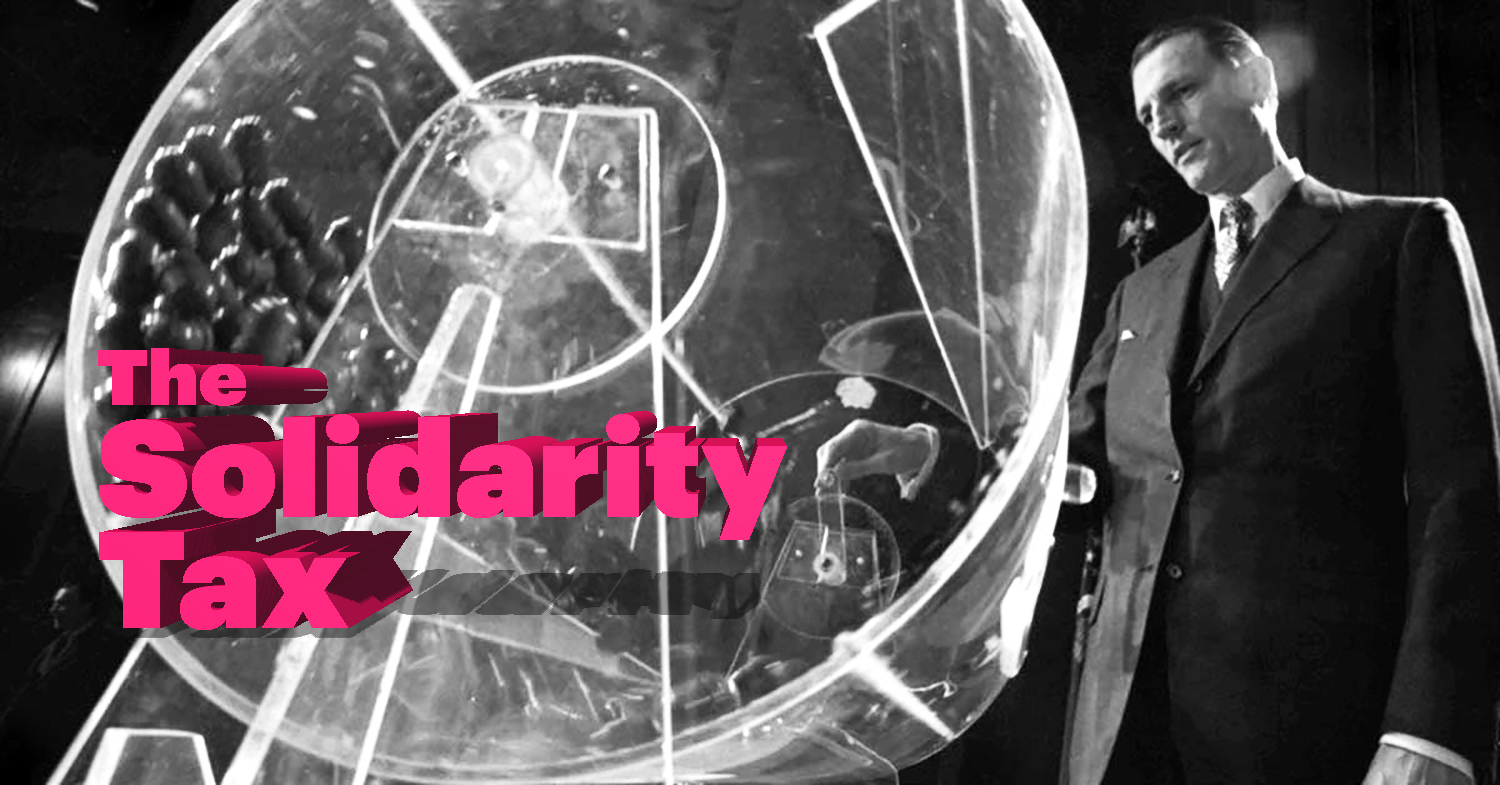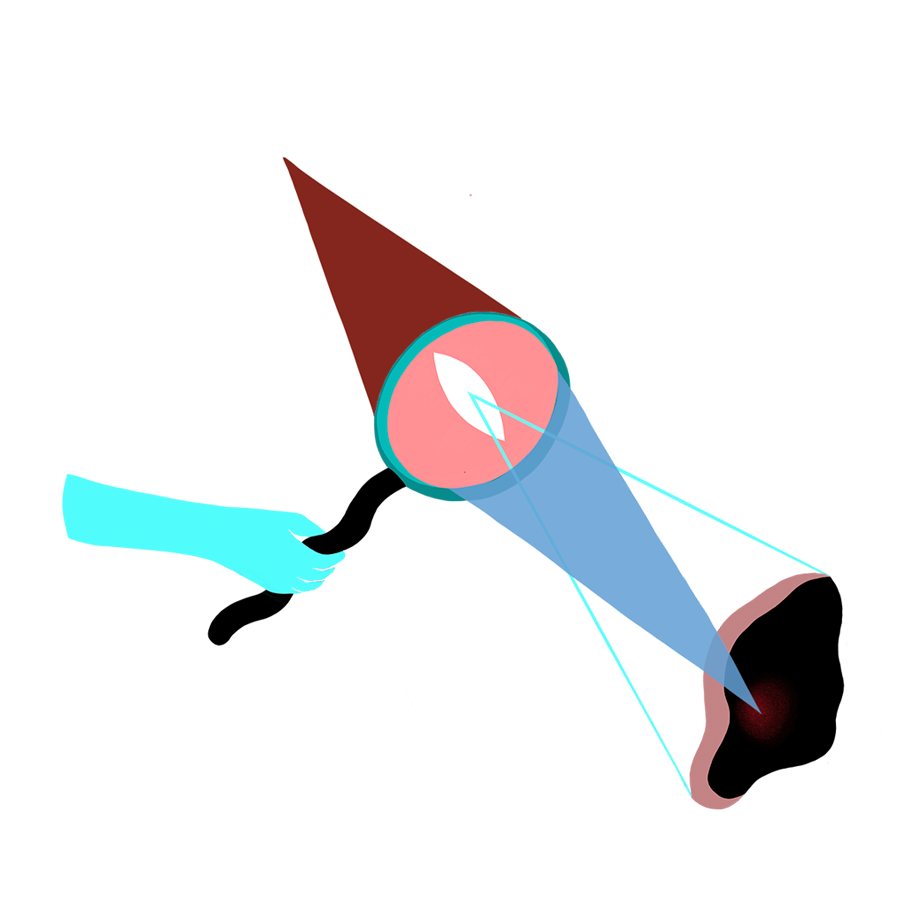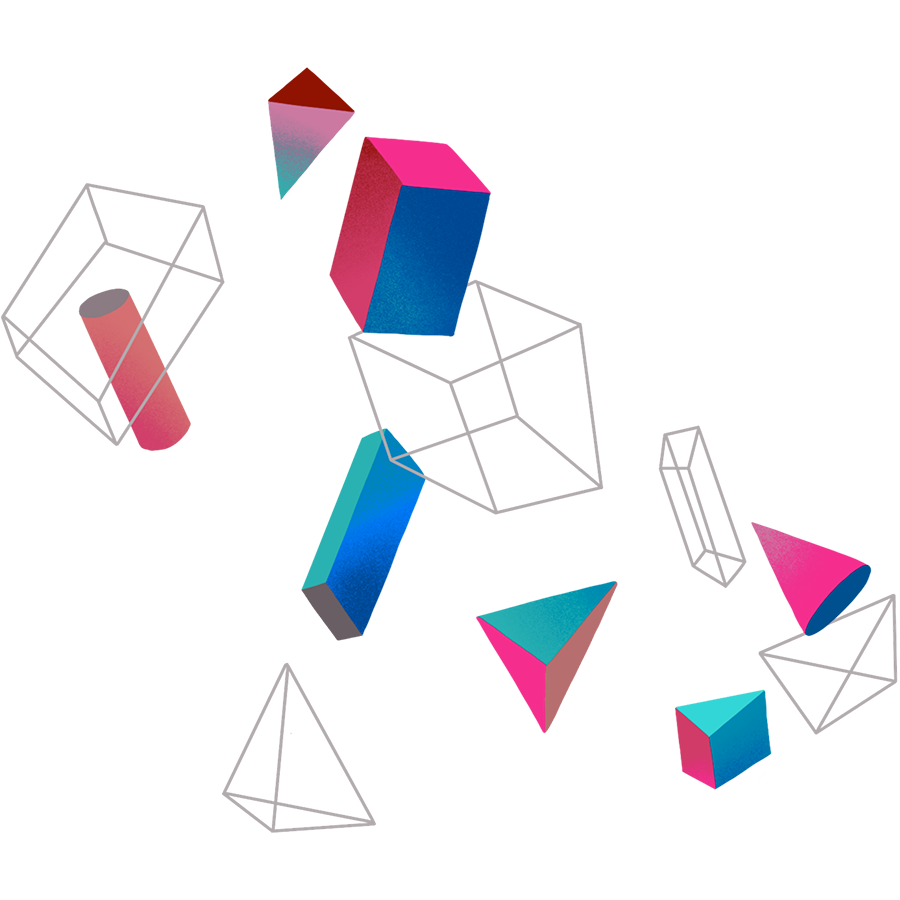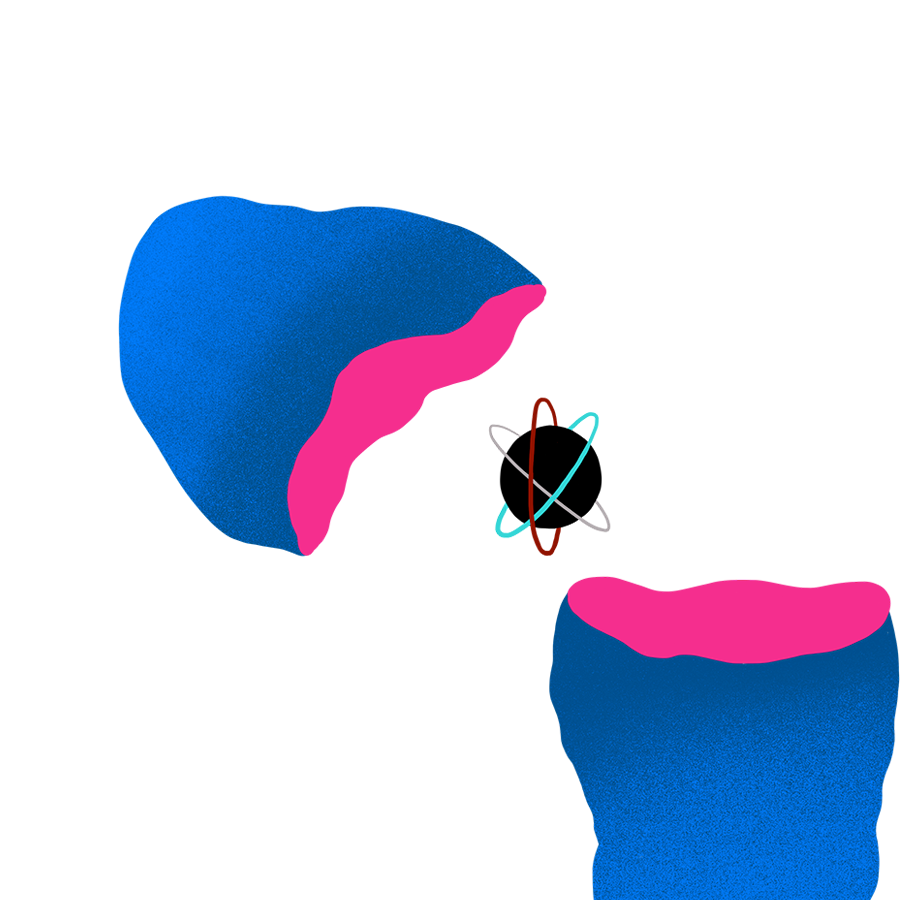The Solidarity Tax
A provocative idea on power dynamics in cultural projects, creative control, diversity, and eligibility.
The common practice is that many established Western European cultural institutions receive substantial funding from the European Union to showcase the work of artists from Middle Eastern or African countries (for example) within diversity or cultural exchange programmes; this system supports those artists who are not eligible to apply for grants themselves because of their nationality.
In reality this is a form of soft power and control over the artists they choose to work with. From huge budgets, the Western European institutions decide to allocate a small amount to the artist and decide over every aspect of the production; resulting in an unhealthy dependency and power dynamics. How can we break that cycle? One way might be to develop a solidarity tax for all Western European institutional grantees that receive funding.
The solidarity tax allows an appropriate percentage of the grant the institution receives (1-10 percent, depending on the size of the grant) to go directly to an artist from an ineligible country, giving him/her full creative control.
This proposal highlights inequality in funding and forces people to recognise the blindness to privileges they may have. Often, inviting artists from non-European countries is like ‘ticking boxes’ for the donors and policy makers, because so far the frameworks we have for such collaborations are not based on a willingness to invest in the infrastructure and working conditions of the others. This proposal challenges this idea and is an opportunity to focus on developing the capacities of others.
One of the most obvious objections to such a proposal is the uncomfortable thought of European tax payers’ money going to someone from ‘outside’. And the second challenge is that especially Western European institutions will not support a project over which they have no control, and where they cannot assess the work’s artistic values. This proposal addresses these two challenges by highlighting the most essential value of solidarity, which is in essence beyond nation-state borders, but actually concerns being conscious of the importance of thinking in terms of global values. And moreover, it uses the notion of a tax, a very familiar tool to European citizens, to whom it is clear and non-negotiable that they will not be deciding how the state spends the money. Giving up that decision-making power, and the notion that their criteria for artistic merit are supposed to be universal, is key for an established Western European organisation in giving up that privilege for the sake of solidarity.
It is also crucial here to mention that in order to support such a proposal one must be convinced that art should be a human right for everyone; and acknowledge the fact that those who are not supported by their governments – and are even persecuted sometimes – represent to all of us an injustice that should not be ignored. The mere fact that artists in these conditions are offered anonymous support to produce and communicate their work is a true act of solidarity.
The solidarity tax must be managed by an independent organisation that distributes the collected tax to artists from ineligible countries. These can be artists who (1) are from countries that are not allowed to receive European funding, (2) do not have access to national and public cultural funds in their own country, (3) are not finding enough opportunities to network and travel abroad, (4) are not very established yet, and (5) are registered with the organisation. A separate list of conditions and criteria from the perspective of their artistic qualifications must also be developed.
In order to avoid any corruption or nepotism, the annual selection of the artists is done by lottery. All information is made public online. All artists who are registered with the organisation and comply with all the criteria and conditions will be added to a pre-selection list and be given a number. All numbers will enter the draw, and a certain number of them will be drawn as the winners. Furthermore, all grantees/winners will be removed from the lottery list for the next three years to ensure that all other applicants have a higher chance of obtaining the grant. The organisation is then responsible for providing an annual report to all the European institutions who have paid the solidarity tax, stating clearly how the money was spent.
How to implement this project?
- Form a board of five to nine people who are willing to advocate the project and take responsibility for it, as well as define the criteria for artists to be able to enter the draw, and decide upon the size of the grants to be distributed.
- Write and disseminate policy papers on the subject.
- Contact heads of Western European institutions and convince them to offer up to five percent of one of their public grants. Figure out the necessary paperwork that allows them to do this legally.
- Come up with a name and build an online form (based on the criteria), a website, and a lottery system.
- Set up a bank account where all the solidarity taxes will be collected.
- Once a year, make a live online presentation where the lottery is drawn and winners are announced based on their application numbers.
- Ensure that an administrator:
- distributes the funds;
- gathers all info on supported projects;
- uploads them on the website;
- publishes an annual report on the website.
The idea would be to start small and grow organically as further proof of concept is established by having the website as documentation.
This is an initial proposal by Doreen Toutikian as part of the RESHAPE Programme. If you are interested in developing this idea further please reach out by email at doreentag[at]gmail.com.
Developed in the framework of the RESHAPE trajectory Solidarity Economies by its members Ouafa Belgacem, Ekmel Ertan, Harald Geisler, Anastasya Kizilova, Dorota Ogrodzka, Anikó Rácz, Laure de Selys, and Doreen Toutikian, facilitated by Nike Jonah.
This text is licenced under the Creative Commons license Attribution-ShareAlike 4.0 International.



